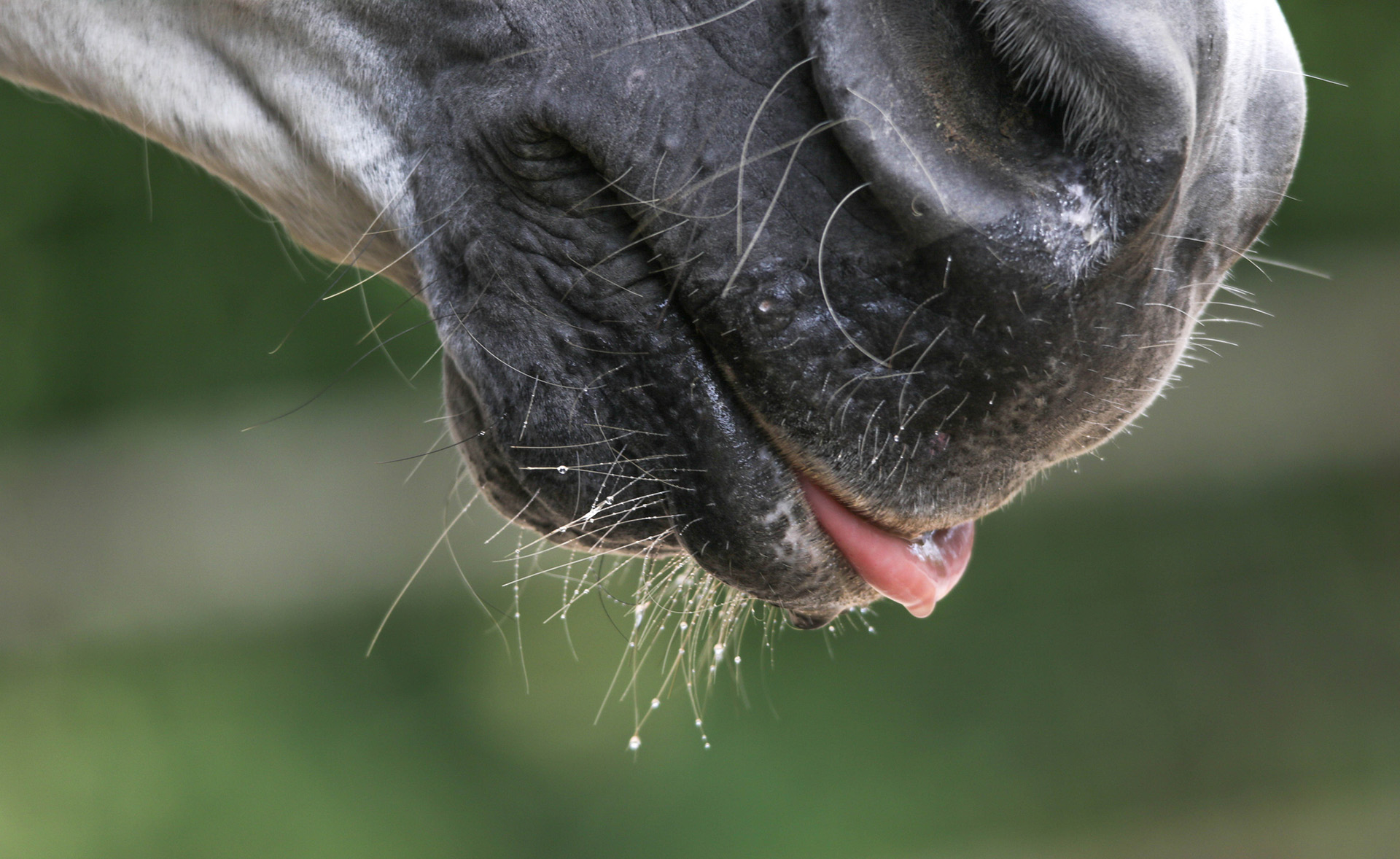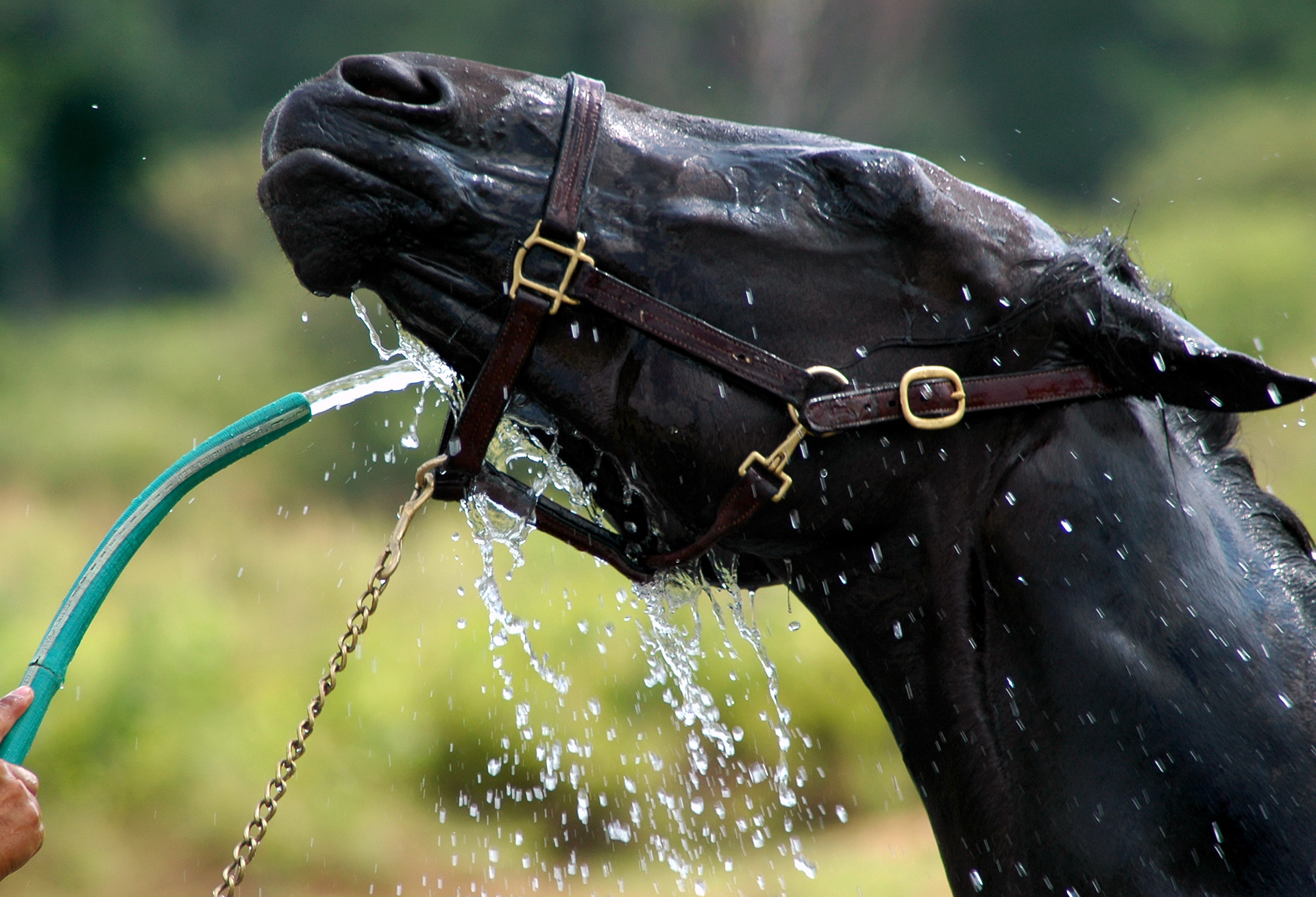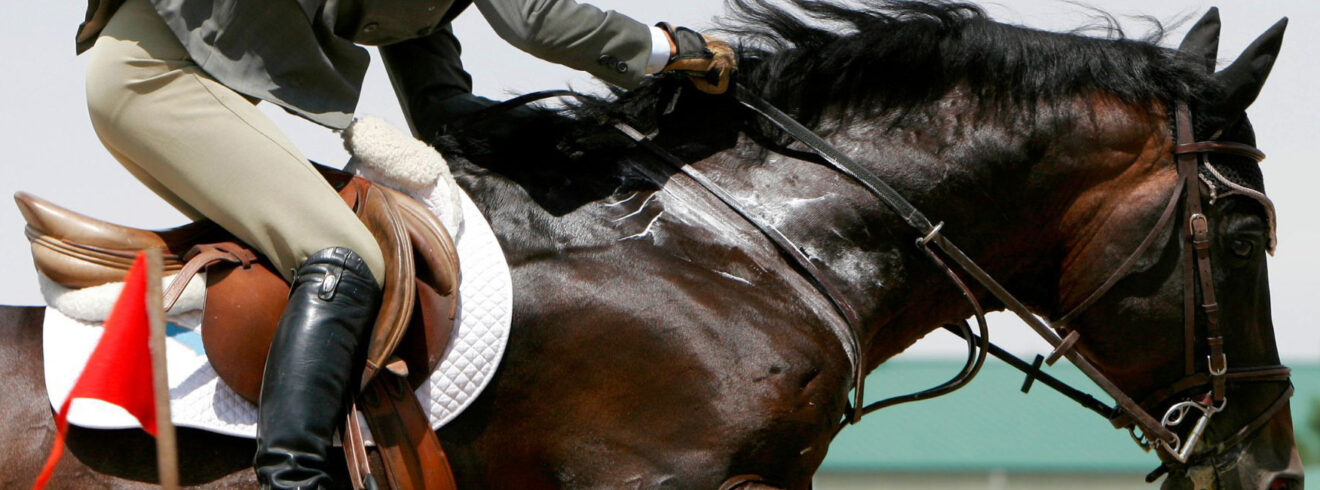Should I give my horse electrolytes?
As horses begin to come back in to work after the winter months, the questions surrounding electrolyte supplementation arise.
What are electrolytes?
Electrolytes are common minerals that work in unison and help to maintain the horses’ health. They are required for almost all bodily functions including fluid regulation and balance, digestive process, the horses’ pH status and vital neurological functions e.g muscle contractions.
Horses require five main electrolytes:
- Sodium (Na)
- Chloride (CI)
- Potassium (K)
- Magnesium (Mg2)
- Calcium (Ca2)
Although the three most important are Sodium, Chloride and Potassium, Sodium is considered the principle electrolyte – being the main regulator of thirst.

Electrolytes are lost through urine, faeces and sweat. All horses produce sweat, with some horses producing up to 10-15 litres per hour! These sweat loss rates can be affected by climate and workload.
In temperate climates, like ours, temperature and humidity are often overlooked; however, it is something to bear in mind with the changing weather.
Loss of electrolytes through sweat causes fatigue and muscle weakness and can decrease the thirst response to dehydration.
Salt/Electrolyte supplementation rates differ depending upon many factors including workload. As a general guide:
- A diet that is high in forage and supplemented with 40g – 60g of salt per day is generally sufficient to meet the electrolyte requirements of a leisure horse up to a light level of work (10-12g/kg BW salt (NaCI) (NRC 2007). Forages can help replenish the potassium ions lost in sweat and will help maintain a water balance in the hindgut.
- Horses in moderate or higher levels of work should be supplemented with 14g/100kg BW salt.(NRC 2007)
- Horses competing at harder levels (racing, endurance, eventing at higher levels etc.) and horses competing in hotter, more humid climates may produce up to 15 litres of sweat per hour and will most definitely require electrolyte supplementation.
An isotonic electrolyte solution will provide electrolytes at the concentration as sweat and may aid in the efficient recovery and hydration of the horse. Fresh water should always be offered alongside electrolytes. In cases of excessive sweat loss it is advisable to replace the electrolyte losses through the administration of an electrolyte paste (due to the amount of isotonic solution which would be required to replace the loss), again fresh water should also be provided. You should never try to “load” a horse with electrolytes by giving them large amounts on the day of a competition – this would not correct long-term deficiency and risks your horse going off their feed. The majority of the excess would be excreted as waste in urine and faeces.
If your horse is sweating profusely on a daily basis, they will require electrolyte supplementation in the form of a commercially prepared product. As we are looking to replace the electrolytes lost in sweat, it would be wise to avoid supplements that list Glucose as a key ingredient, remember we are looking to replace salt not sugar! As a guide, the amount of Sodium plus Potassium should equal the amount of Chloride.

Joanne Hurley is a nutrition specialist with GAIN Equine Nutrition. She holds a Masters in Animal Nutrition and Production from UCD. Joanne can be contacted by email at jhurley@tirlan.ie

